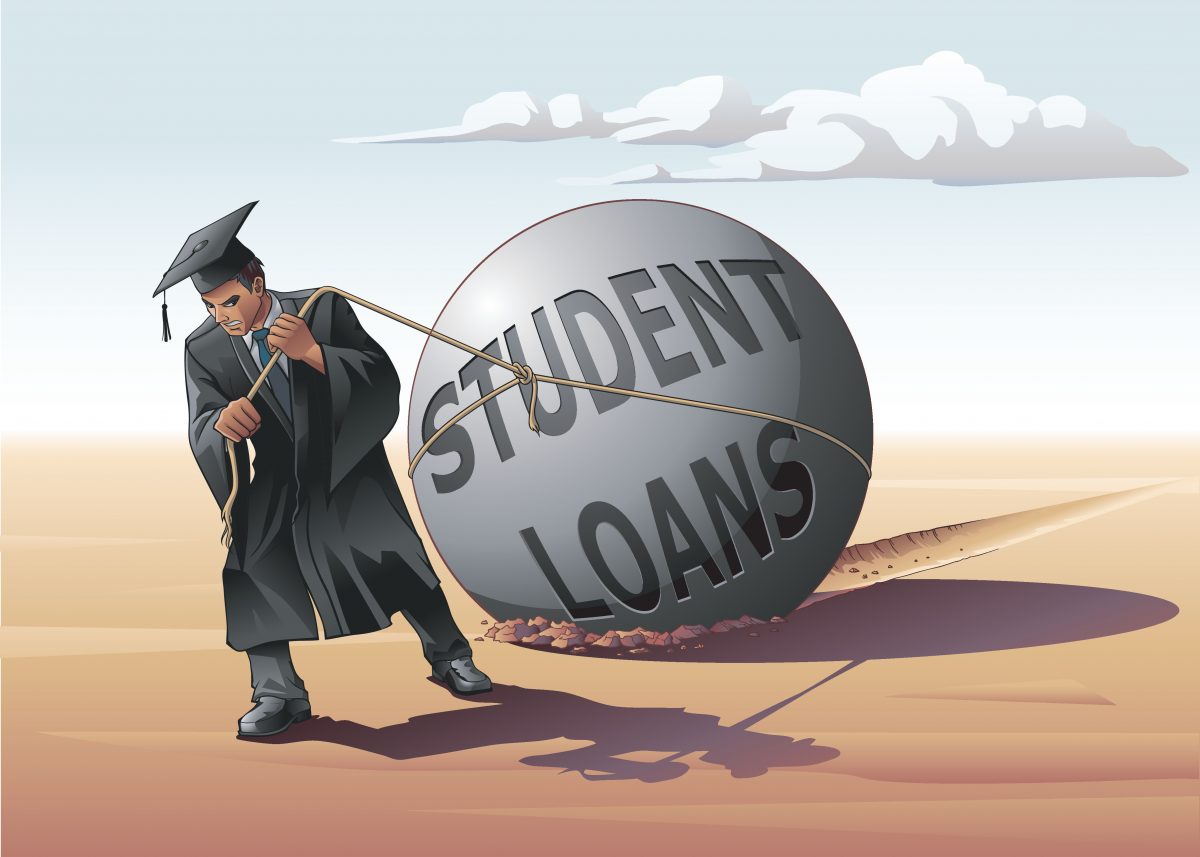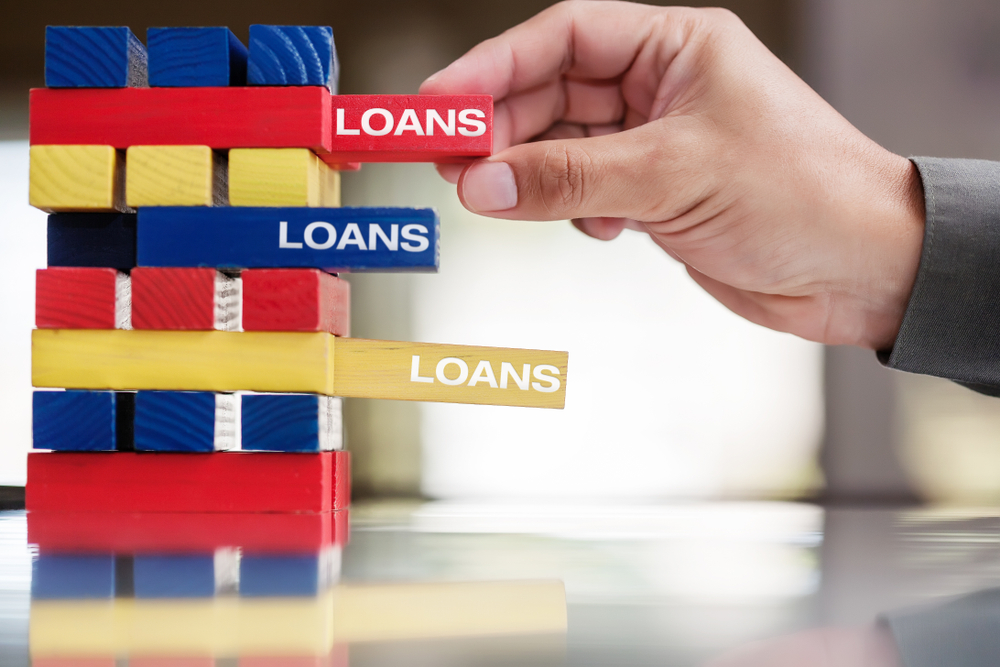Pre Approval Student Loans: What You Required to Know Prior To Applying
Pre Approval Student Loans: What You Required to Know Prior To Applying
Blog Article
Recognizing the Influence of Passion Prices on Home Loans for First-Time Purchasers
Navigating the maze of mortgage can be intimidating for newbie customers, specifically when rates of interest play a pivotal duty fit their financial trip. The selection between fixed and adjustable-rate home loans carries substantial repercussions, impacting monthly budgets and long-lasting monetary security. As passion prices change with economic shifts, recognizing their determination becomes vital. What techniques can these buyers utilize to secure the most favorable terms? And how do these decisions line up with individual economic goals and run the risk of resistance? Discover these concerns to encourage your path to homeownership with self-confidence and insight.
How Interest Prices Are Figured Out
When the main bank raises this rate, borrowing comes to be a lot more pricey, frequently leading to boosted home funding interest rates. Conversely, decreasing the government funds price can make loaning more affordable, possibly lowering home mortgage prices.
Another significant element is rising cost of living. Greater inflation generally results in higher rate of interest as lenders demand even more return to balance out the lowering getting power of future payments. Financial development also plays an essential function; in periods of durable financial efficiency, need for credit score boosts, which can drive up interest rates.
Additionally, the bond market substantially affects home loan rates. Long-lasting interest rates, consisting of those for mortgage, are closely tied to returns on government bonds. As bond returns rise, so do mortgage rates, mirroring the increased expense of long-term borrowing.

Kinds Of Rate Of Interest
Comprehending the different kinds of passion rates is important to comprehending how home car loans function. There are mostly 2 groups of rates of interest that consumers run into: dealt with and variable. A fixed rates of interest remains consistent throughout the term of the car loan. This supplies predictability in monthly payments, providing debtors with stability and ease in budgeting. It is especially helpful in atmospheres where future rate of interest rises are anticipated.
On the other hand, a variable rates of interest, likewise referred to as a flexible rate, varies gradually, commonly in action to modifications in a defined benchmark or index. These rates often begin reduced than fixed rates, which can be appealing to new purchasers. They require the danger of increasing over time, possibly resulting in greater general expenses if market rates climb. pre approval student loans.
Furthermore, some loan providers offer hybrid rate of interest rates, combining elements of both repaired and variable prices. An introductory period with a set price could be followed by a variable rate. Recognizing these differences is crucial for customers to make educated choices that line up with their monetary scenarios and take the chance of resistance, as each kind offers prospective downsides and distinct advantages.

Effect On Regular Monthly Payments
Monthly payments on home car loans are directly influenced by the sort of rate of interest selected, which can significantly affect a consumer's monetary preparation. Fixed-rate home mortgages use stability, as the rates of interest stays the same over the lending's term, ensuring that regular monthly settlements continue to be constant. This predictability aids in spending plan preparation, giving a clear economic image over the loan's duration. On the other hand, variable-rate mortgages (ARMs) at first existing lower rate of interest rates, which can cause smaller initial repayments. However, these prices are subject to fluctuations based upon market conditions after the preliminary fixed duration, possibly boosting month-to-month commitments.
Fixed-rate lendings protect against market volatility, supplying peace of mind yet typically at a greater initial price compared to ARMs. On the various other hand, ARMs could fit customers expecting revenue development or those preparing to sell before the price modification occurs, allowing them to capitalize on lower repayments.
Lasting Financial Implications
The option of rate of interest price type for a mortgage expands past immediate regular monthly repayments, bring significant long-lasting monetary effects. A fixed-rate home loan, as an example, uses stability by locking in rate of interest prices for the duration of the funding term, securing borrowers from future rate boosts. This predictability can help in long-lasting economic planning, enabling house owners to forecast expenditures without the danger of rising payments. If market prices drop, consumers with a fixed-rate home loan might miss out on out on prospective savings unless they re-finance.
On the other hand, an adjustable-rate mortgage (ARM) generally starts with a lower rate of interest, which can result in reduced initial repayments. Over time, however, the price can vary based on market conditions, potentially leading to higher payments. This variability presents a component of unpredictability, which can influence economic security if from this source prices boost significantly.

Approaches for Managing Rates
Browsing passion prices on home lendings calls for strategic preparation to optimize monetary outcomes. First-time property buyers must consider locking in interest prices when they are positive, as this can shield them from possible rate walkings before their finance closing.
An additional strategy includes selecting the ideal funding type. Fixed-rate home mortgages use stability, securing debtors from future price boosts, while variable-rate mortgages (ARMs) might provide lower initial rates with the risk of future modifications. When choosing between these choices., buyers need to thoroughly assess their financial situation and threat tolerance.
Finally, maintaining a strong credit score profile is vital. A greater credit report can substantially enhance arrangement power for extra favorable rate of interest. Frequently examining credit rating reports, attending to errors, and decreasing exceptional debt can enhance overall credit reliability, thus positioning purchasers to secure the most useful prices offered.
Conclusion
A thorough understanding of rate of interest on home fundings is necessary for first-time purchasers to make enlightened decisions. Fixed-rate mortgages provide security with predictable settlements, safeguarding against future rate rises, while variable-rate i was reading this mortgages present initial financial savings with possible future cost volatility. Reviewing the influence on regular monthly repayments and long-term monetary health allows buyers to straighten selections with economic objectives and take the chance of resistance. Strategic monitoring of rate of interest can dramatically affect homeownership success and monetary health.
When the central financial institution elevates this rate, obtaining becomes extra expensive, usually leading to increased home financing passion rates.In contrast, a variable interest rate, likewise known as a flexible price, changes over time, usually in action to changes in a specified standard or index.Furthermore, some lenders use hybrid passion prices, combining components of both fixed and variable prices - pre approval click over here now student loans. A fixed-rate home mortgage, for example, uses stability by securing in rate of interest prices for the duration of the lending term, protecting consumers from future price increases. New property buyers should think about locking in rate of interest rates when they are positive, as this can shield them from prospective rate walkings before their car loan closing
Report this page